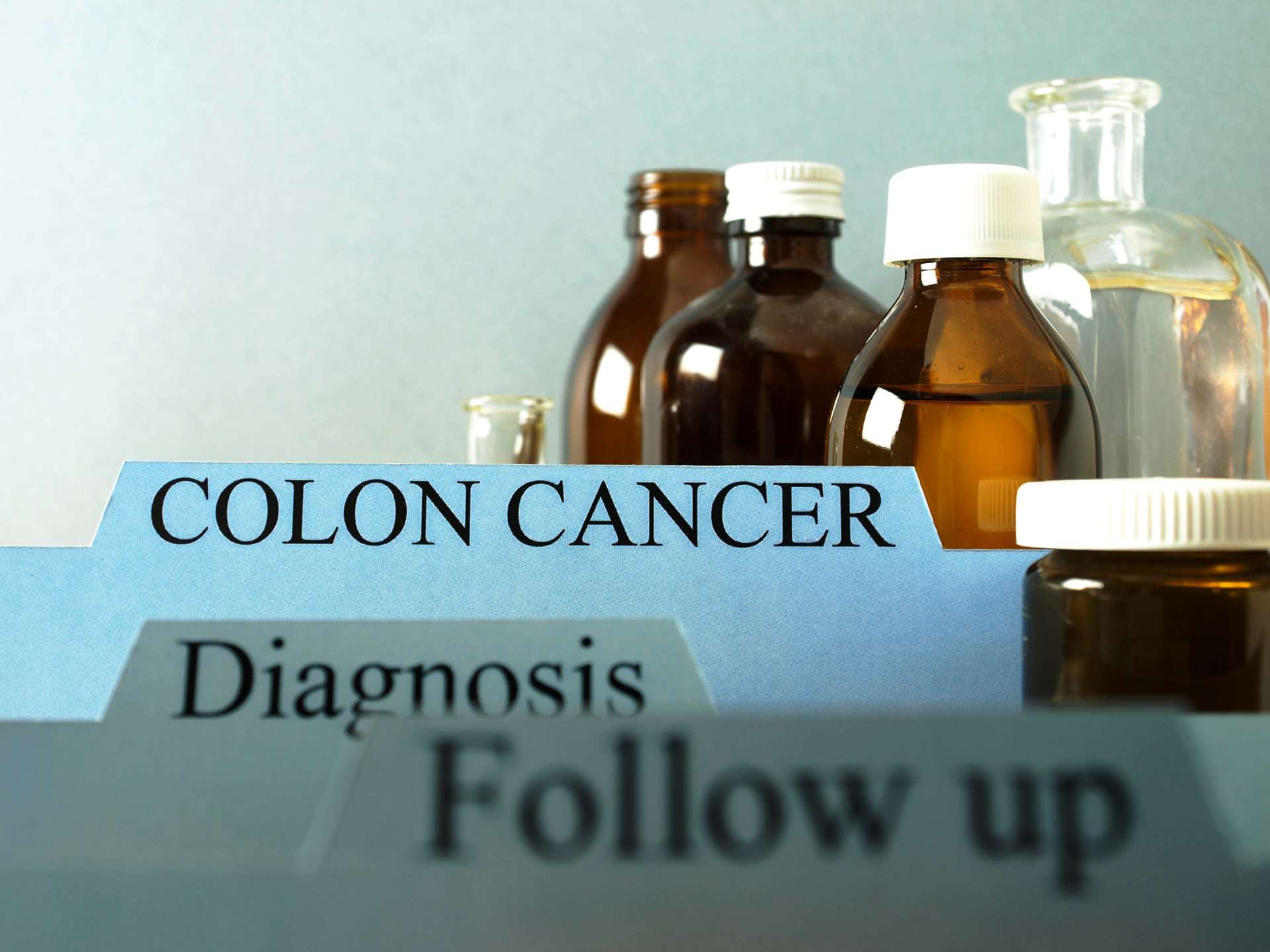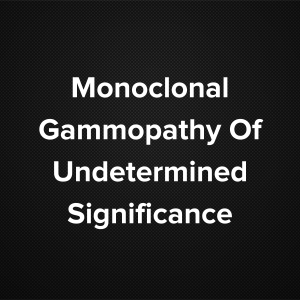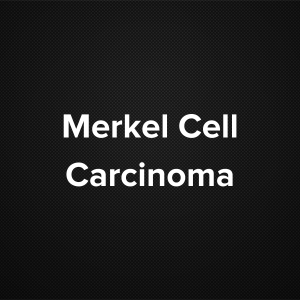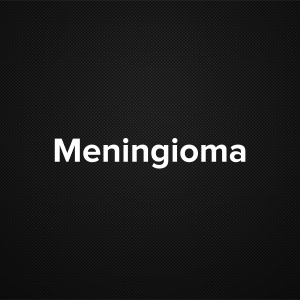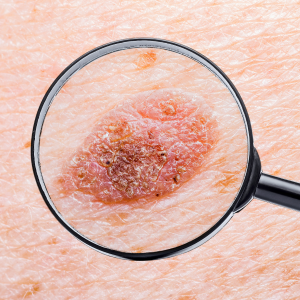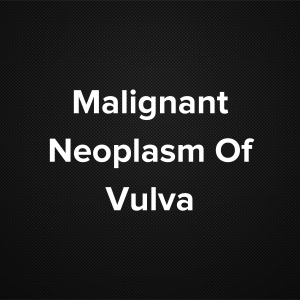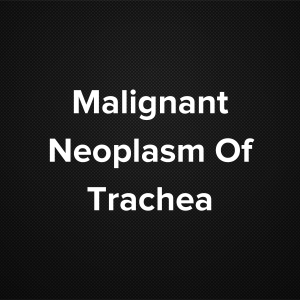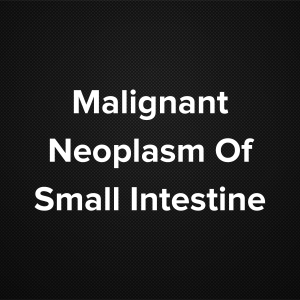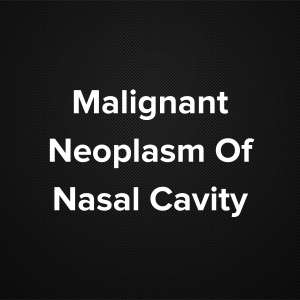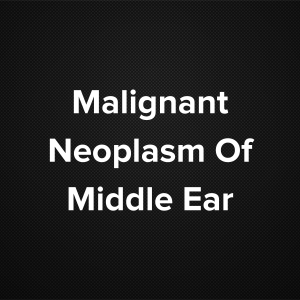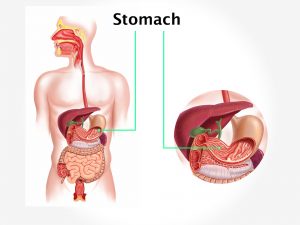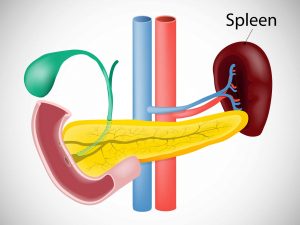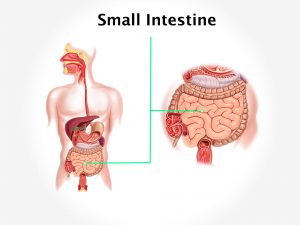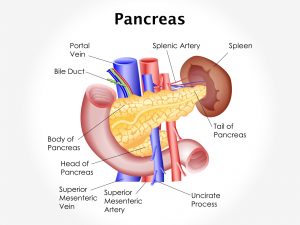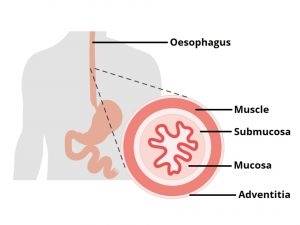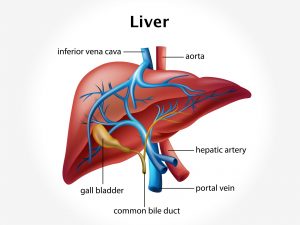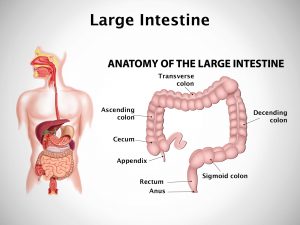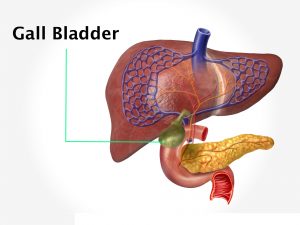Causes and risk factors
There is no single cause for colon cancer. Nearly all colon cancers begin as non-cancerous [benign] polyps, which slowly develop into cancer. Factors which increase the risk of colorectal cancer are age, personal history of colorectal polyps, Type 2 diabetes, cancer elsewhere in the body, Crohn’s disease, Ulcerative colitis, Family history of colon cancer, history of breast cancer, Inherited genetic syndromes like familial adenomatous polyposis and hereditary nonpolyposis colorectal cancer. Conditions like diet high in red and processed meats, lack of physical activity and obesity, smoking and heavy alcohol consumption, personal history of treatment for testicular cancer and prostate cancer. People above 50 years of age are more prone to the cancer.
Clinical presentation
Colorectal cancer does not produce symptoms in the early stage. Symptoms may vary depending upon the size and the location of the cancer. Following symptoms may indicate colon cancer – abdominal pain and tenderness in the lower abdomen, blood in the stool, diarrhoea, constipation, or other change in bowel habits, constant ineffectual bowel desire, intestinal obstruction, narrow stools. Patient presents with unexplained anaemia, unintended weight loss. There are different stages of colon cancer:
Stage 0: Very early cancer on the innermost layer of the intestine
Stage I: Cancer is in the inner layers of the colon
Stage II: Cancer has spread through the muscle wall of the colon
Stage III: Cancer has spread to the lymph nodes
Stage IV: Cancer that has spread to other organs [metastasis]
Investigation
Medical history by the patient and Clinical examination by the doctor helps in diagnosis. Routine blood tests are recommended. Stool examination is done for occult blood. Imaging studies such as Colonoscopy, CT colonography is useful for further evaluation. Tissue biopsy confirms the diagnosis.
Treatment
Treatment depends upon the type and stage of colon cancer. Treatment for colon cancer includes surgery and radiation. Surgery involves removal of cancerous lesion. Radiation therapy, chemotherapy will also help in treating colon cancer. Regular monitoring may be required.
Other Modes of treatment
The other modes of treatment can also be effective in treating colon cancer. Homoeopathy is a science which deals with individualization considers a person in a holistic way. This science can be helpful in combating the symptoms. Similarly the ayurvedic system of medicine which uses herbal medicines and synthetic derivates are also found to be effective in treating colon cancer.
